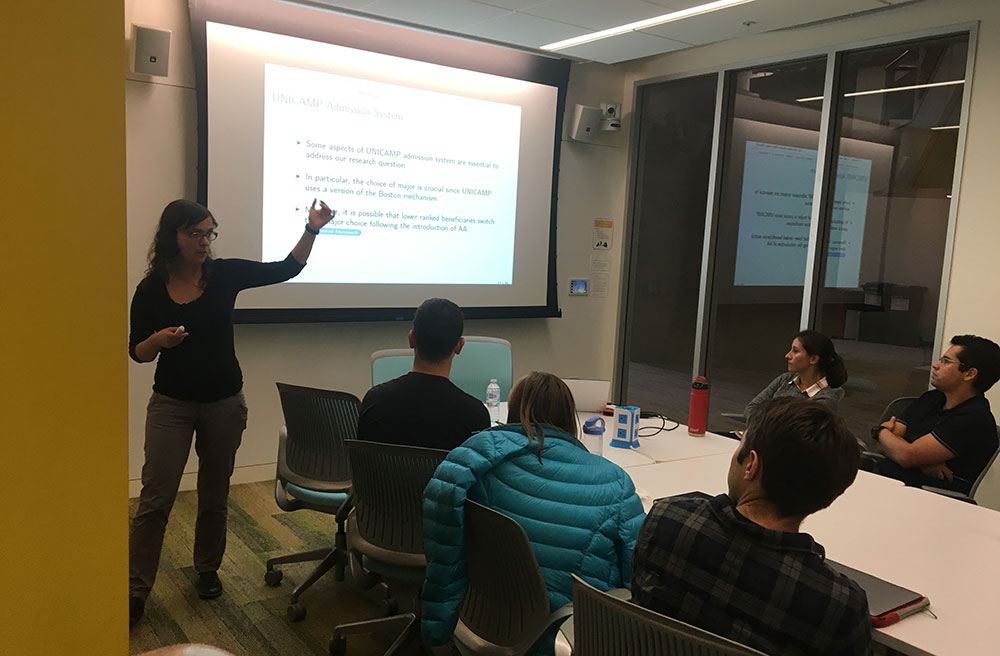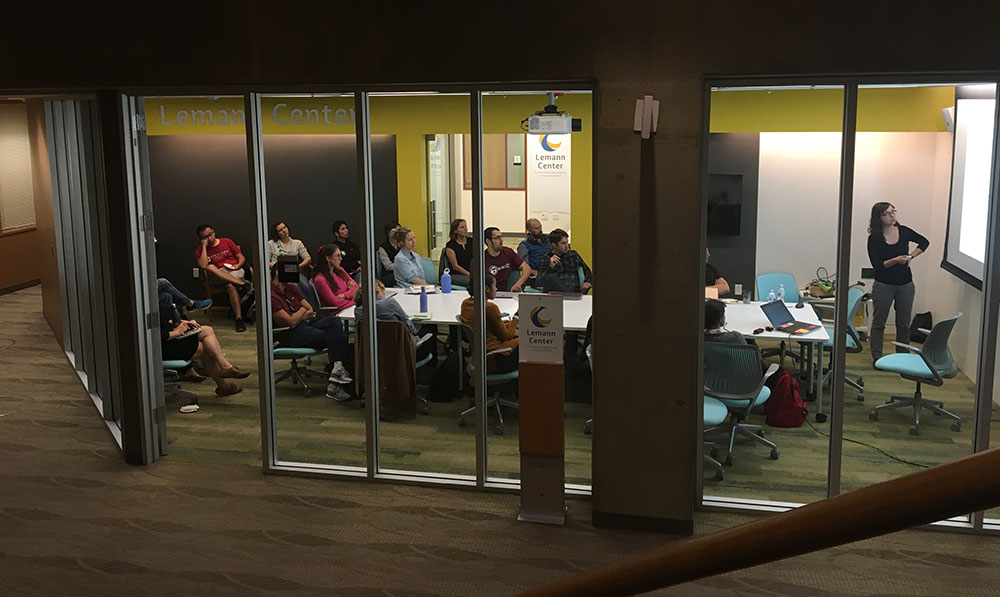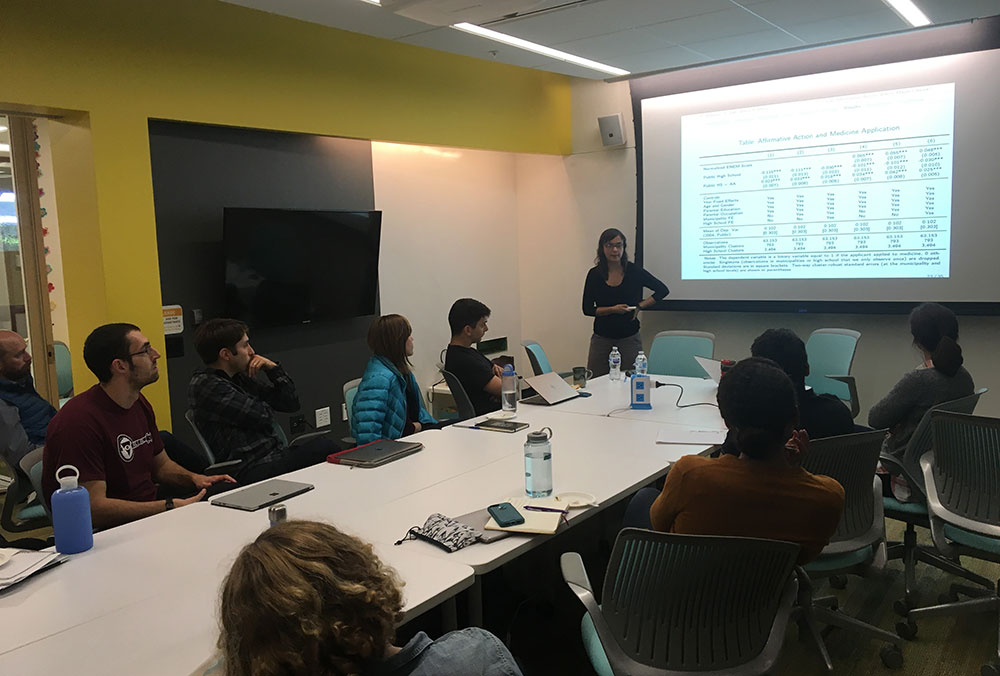Professor Fernanda Estevan, School of Economics, Fundação Getúlio Vargas
Can affirmative action affect major choice?" joint with Thomas Gall (University of Southampton) and Louis-Philippe Morin (University of Ottawa)
Occupational choice is found to be an important determinant of earnings inequality and is (at least partially) determined by university graduates' choice of major. Indeed, numerous studies have found significant heterogeneity in the returns to the post-secondary field of study. Moreover, students from underprivileged backgrounds tend to choose universities that are less selective and fields of study associated with occupations that are less lucrative and prestigious. Whether public policy can mitigate the effect of socioeconomic disadvantage and lead to increased social mobility is still an open research question. To the best of our knowledge, we provide the first causal evidence on the impact of affirmative action on university applicants' major choice. The policy was put in place to increase the representation of students from disadvantaged family backgrounds at a selective Brazilian university, UNICAMP. A particular characteristic of this affirmative action is that it used bonus points on its admission exam, instead of a quota system, to improve admission rate of their targeted applicants. We show that this affirmative action significantly increased the likelihood of targeted students to apply (and to be admitted) to selective programs. In particular, the probability to apply medicine or to a top-ten selective program increased by 2.2 and 2.8 percentage points (by 21.6, and 7.8 percent), respectively. For both the (joint) probability of applying and being admitted, and the probability of applying to a specific program, the estimated effect decreases as we move from most selective programs to less selective ones. This finding can be explained by the fact that the number of awarded bonus points are independent of the program applied to, but that the applicant population is more homogeneous in more competitive programs. Hence, the relative size of the bonus, measured in terms of exam performance standard deviations, is more important in competitive programs.
In addition to the seminar at the Lemann Center, Fernanda Estevan presented an aditional talk at CEPA, Center for Education, Policy Analysis and held private advisory meetings with scholars and students as a guest of Professor Eric Bettinger on October 22-23, 2018.




